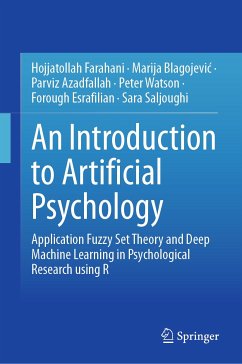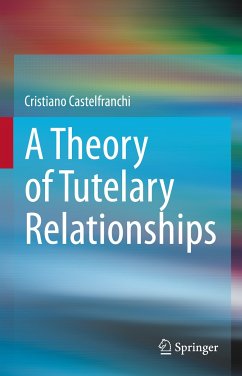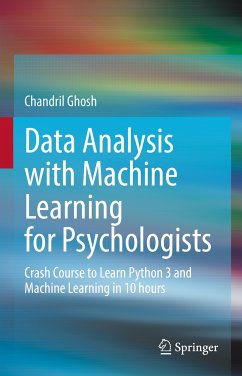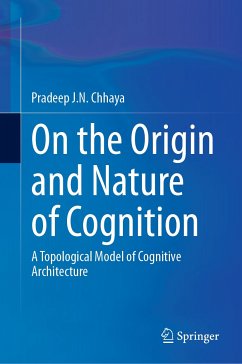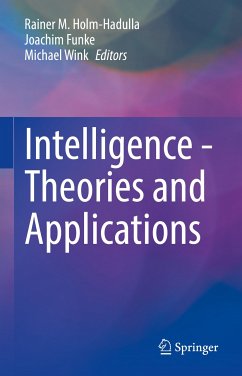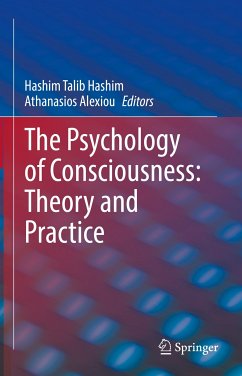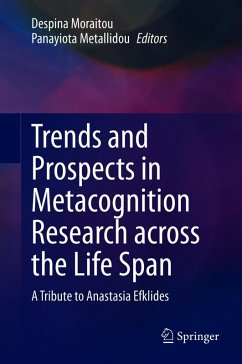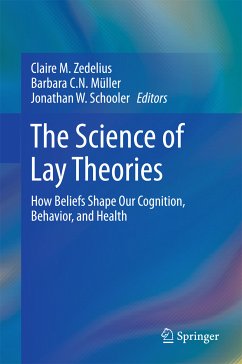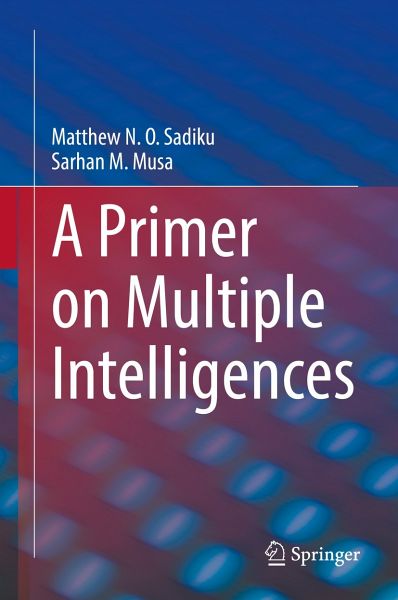
A Primer on Multiple Intelligences (eBook, PDF)
Versandkostenfrei!
Sofort per Download lieferbar
104,95 €
inkl. MwSt.
Weitere Ausgaben:

PAYBACK Punkte
52 °P sammeln!
This book provides an introduction to nineteen popular multiple intelligences. Part One discusses general intelligence, psychological testing, naturalistic intelligence, social intelligence, emotional intelligence, interpersonal intelligence, and cultural intelligence. Part Two tackles machine intelligence, the development of artificial intelligence, computational intelligence, and digital intelligence, or the ability for humans to adapt to a digital environment. Finally, Part Three discusses the role of intelligence in business development, using technology to augment intelligence, abstract t...
This book provides an introduction to nineteen popular multiple intelligences. Part One discusses general intelligence, psychological testing, naturalistic intelligence, social intelligence, emotional intelligence, interpersonal intelligence, and cultural intelligence. Part Two tackles machine intelligence, the development of artificial intelligence, computational intelligence, and digital intelligence, or the ability for humans to adapt to a digital environment. Finally, Part Three discusses the role of intelligence in business development, using technology to augment intelligence, abstract thinking, swarm and animal intelligence, military intelligence, and musical intelligence.
A Primer on Multiple Intelligences is a must-read for graduate students or scholars considering researching cognition, perception, motivation, and artificial intelligence. It will also be of use to those in social psychology, computer science, and pedagogy. It is as a valuable resource for anyone interested in learning more about the multifaceted study of intelligence.
A Primer on Multiple Intelligences is a must-read for graduate students or scholars considering researching cognition, perception, motivation, and artificial intelligence. It will also be of use to those in social psychology, computer science, and pedagogy. It is as a valuable resource for anyone interested in learning more about the multifaceted study of intelligence.
Dieser Download kann aus rechtlichen Gründen nur mit Rechnungsadresse in A, B, BG, CY, CZ, D, DK, EW, E, FIN, F, GR, HR, H, IRL, I, LT, L, LR, M, NL, PL, P, R, S, SLO, SK ausgeliefert werden.



